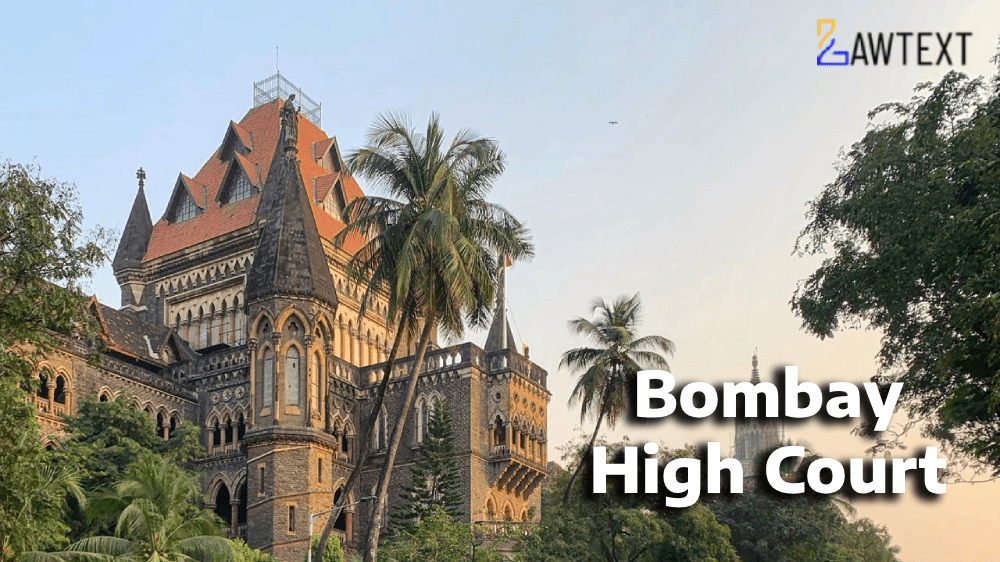

The Bombay High Court, Aurangabad Bench, dismissed the appeal of the insurance company challenging the Motor Accident Claims Tribunal's (MACT) award. The Court upheld the Tribunal's decision that the insurance company must pay compensation to the dependents of the deceased who was killed in a road accident involving a truck. The High Court also enhanced the compensation, rejecting the insurance company's argument about liability apportionment and interest on prospects.
The appeal was filed by IFFCO-TOKIO General Insurance Co. Ltd. challenging the judgment of the Motor Accident Claims Tribunal (MACT), Osmanabad. The Tribunal had awarded compensation to the dependents of Rajabhau Ghodke, who died in an accident while driving an auto-rickshaw, after being hit by a speeding truck.
On July 23, 2008, Rajabhau Ghodke, while driving his auto-rickshaw, was involved in a collision with a truck that was being driven at high speed. The accident led to his immediate death, and an FIR was lodged against the truck driver. The widow, children, and parents of the deceased filed for compensation.
The Tribunal held the truck driver responsible for the accident, based on the FIR and other evidence. The deceased was earning approximately Rs. 9,000 per month, and the Tribunal awarded a total compensation of Rs. 13,16,000.
IFFCO-TOKIO argued that both vehicles were involved in the accident, and liability should be apportioned between them. They also contended that deductions for income tax and maintenance of the auto-rickshaw should be made. Further, they claimed that interest should not be awarded on future prospects.
The Court, after reviewing evidence, rejected the insurance company's arguments. It emphasized that the truck driver’s negligence was established, and no evidence was presented by the owner of the truck to refute this. The Court rejected the argument on denying interest on future prospects, citing precedents from the Supreme Court.
The Court revised the compensation, considering Rs. 8,000 as the deceased's income after deducting maintenance expenses. It applied a multiplier of 15 and granted Rs. 18,82,800 in total, including loss of income, consortium, and other heads, with interest at 7.5% per annum from the date of the claim.
The Court discussed judgments from the Supreme Court that consistently upheld granting interest on future prospects and rejected the appellant's argument against it. The compensation was calculated based on future loss of income, and interest was applicable from the filing date of the claim.
The Court, applying its discretion, increased the compensation even in the absence of a counter-appeal from the claimants, ensuring just and reasonable compensation. The insurance company was ordered to deposit the enhanced amount within eight weeks.
The High Court's decision reaffirmed that in motor accident cases, when liability is established with clear evidence, the insurance company must compensate the victims adequately. The Court emphasized that the future prospects should be factored into the compensation, and interest must be granted from the date of filing the claim, consistent with Supreme Court rulings. Even without a counter-appeal, courts have the authority to enhance the compensation to ensure fairness.
Motor Accident Claims, Compensation Law
Motor Vehicle Accident, Compensation, Insurance Law, Future Prospects, Interest on Compensation
Citation: 2024 LawText (BOM) (10) 3
Case Number: FIRST APPEAL NO. 401 OF 2014
Date of Decision: 2024-10-01
Case Title: M/s. IFFCO-TOKIO General Insurance Co.Ltd. Versus Smt. Suvarna w/o. Rajabhau Ghodke & Ors.
Before Judge: ARUN R. PEDNEKER, J.
Advocate(s): Mr.V.N.Upadhye, Advocate for the appellant. Adv.P.D.Dadpe h/f. Adv.Sayali Tekale, Advocate for the respondent nos.1 to 4 and 6.
Appellant: M/s. IFFCO-TOKIO General Insurance Co.Ltd.
Respondent: Smt. Suvarna w/o. Rajabhau Ghodke & Ors.